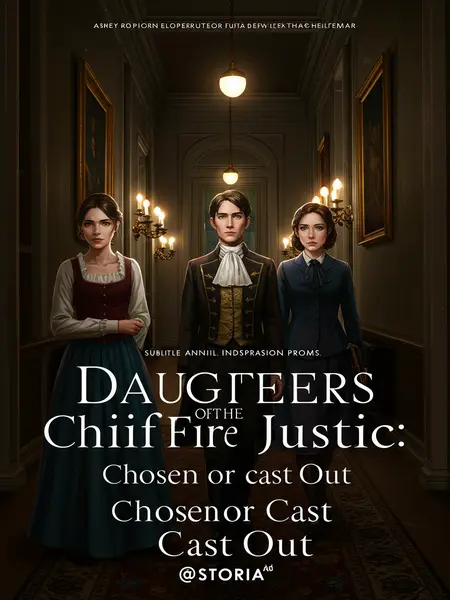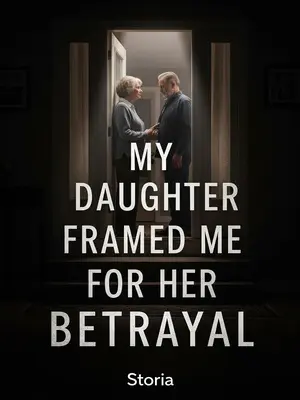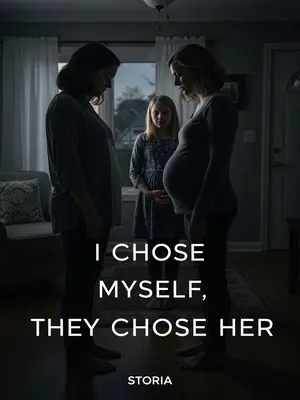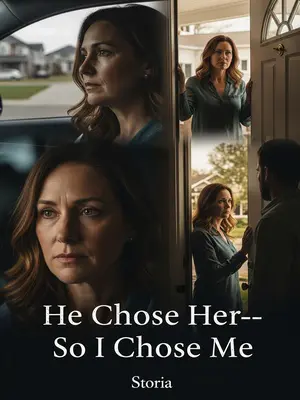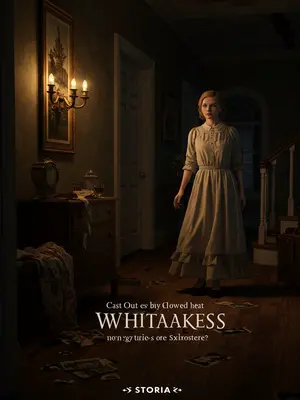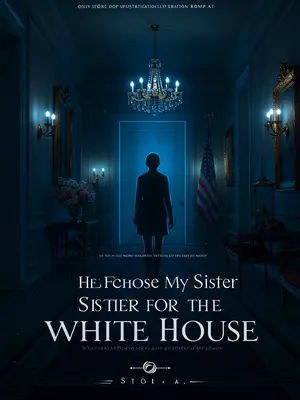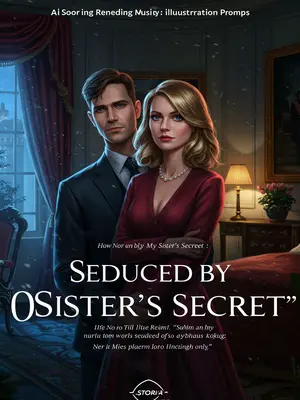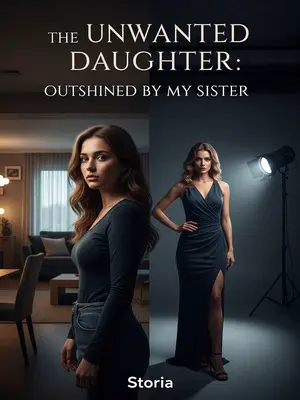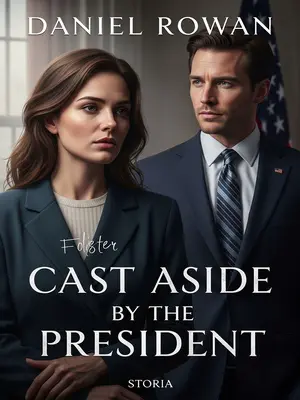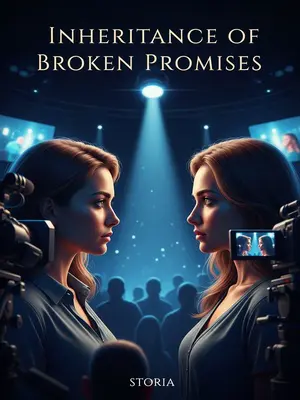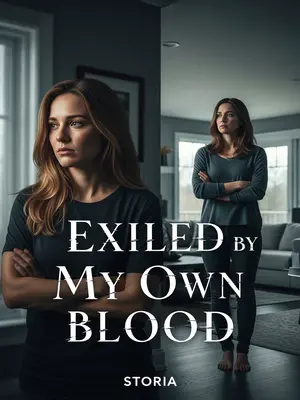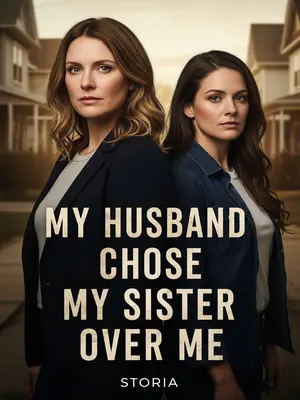Chapter 3: Wisteria and Warnings
By late spring, the wisteria was in full bloom behind the house. Rachel met our Whitaker cousin out under the old white trellis, petals fluttering down onto the flagstone path, the hum of cicadas thick in the Ohio heat. He didn’t have money, but he was handsome enough; after bombing the LSATs a few times, he ended up working as our gardener.
For some reason, Rachel kept the handkerchief he’d given her—"Forever Yours" stitched in blue—and after that, she’d always drag me out to fly kites as an excuse to sneak off to the back garden. Once the kite was up, she’d claim she was tired and send me to pick flowers alone, while she went to the northwest gazebo.
That day, the garden was especially still. I was winding up the kite string when I caught a flash of navy blue behind the big oak. Dad was standing there, thunder in his eyes—I hadn’t even noticed him arrive. There were no guests or staff around, just Mr. Harris the butler and two young interns, all standing three steps back, heads bowed like statues.
The spool dropped from my hand with a snap. Dad’s gaze cut right through me. I looked down quick, but out of the corner of my eye, I saw the gingham curtain of the little gazebo flutter, just showing the shadows of Rachel and the gardener, hands clasped.
Wisteria petals drifted down, a few landing by Dad’s polished shoes, only to be crushed into the dirt beneath his heel. When Cousin Whitaker was dragged out by the staff, his face was gray.
But Rachel straightened up, defying Dad for the first time ever. "I don’t want to be a bird in a gilded cage. I’d rather fight for the one I love…"
"Foolish," Dad said, cold smile flickering. "You think there’s a single corner of America where power doesn’t reach? Lose this name, and you’ll see how fast the world chews you up."
Rachel tried to say more, but Dad raised his hand, silencing her. "If you won’t listen to reason, let the world teach you."
That night, Rachel was tied up and bundled into the back of an SUV, sent off to the family’s country house. Her heart pounded, hands trembling, the taste of fear metallic in her mouth as the car sped down the drive—she’d never known true panic until then.
Mom called the four of us girls to her side, trimming the crabapple bonsai with gold-handled scissors. "You know why we learned piano and chess before we could even ride a bike? It’s not just for show. It’s so you’ll know the prettiest things in life hide the hardest choices."
She looked up, her gaze sharp. "The daughters of the Chief Justice can talk about love—but only under crystal chandeliers, and only with families who have the right pedigree. Do you all understand?"
We knelt and answered, "Yes, Mom."
Just over a month later, Rachel sent a letter home. The paper was tear-stained, every word heavy with regret. After Mom read it, she tossed it into the fireplace, flames curling it into black ash.
Caroline, ever-attentive, handed her a tissue. Mom took it and asked, as if offhand, "After New Year’s, it’ll be time to think about your marriage. Is there anyone you’re interested in?"
Caroline leaned into Mom’s arms, replying sweetly, "I know the old family rules: be loyal, calm, steady. Marriage is for you and Dad to decide. I just want to stay home a few more years."
Caroline wasn’t as dazzling as Rachel, but her bright smile and good manners made her Mom’s favorite. A glimmer of approval flashed in Mom’s eyes; she drew Caroline close. "Three days from now, you’ll come with me to the Governor’s garden party."
I understood: this was an unspoken arrangement. That’s how it works in big families—every word and gesture is loaded, even a mother’s love calculated. I remember the light bouncing off the antique mirror, the air heavy with lavender polish and something old and unyielding beneath it all.
That night, as Rachel’s cries faded down the driveway, I realized: in our family, love wasn’t just risky—it was a loaded gun.
